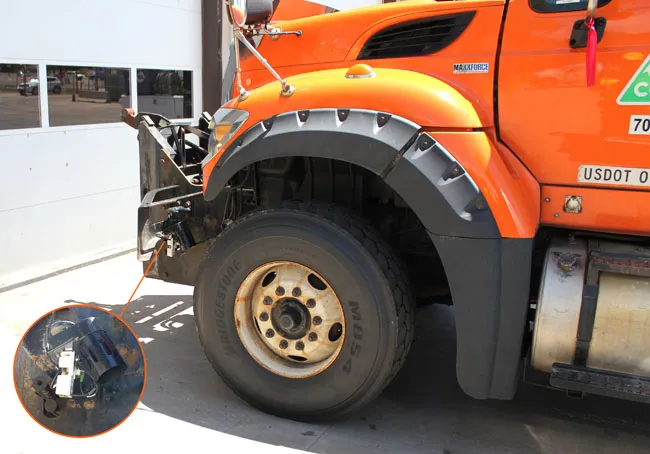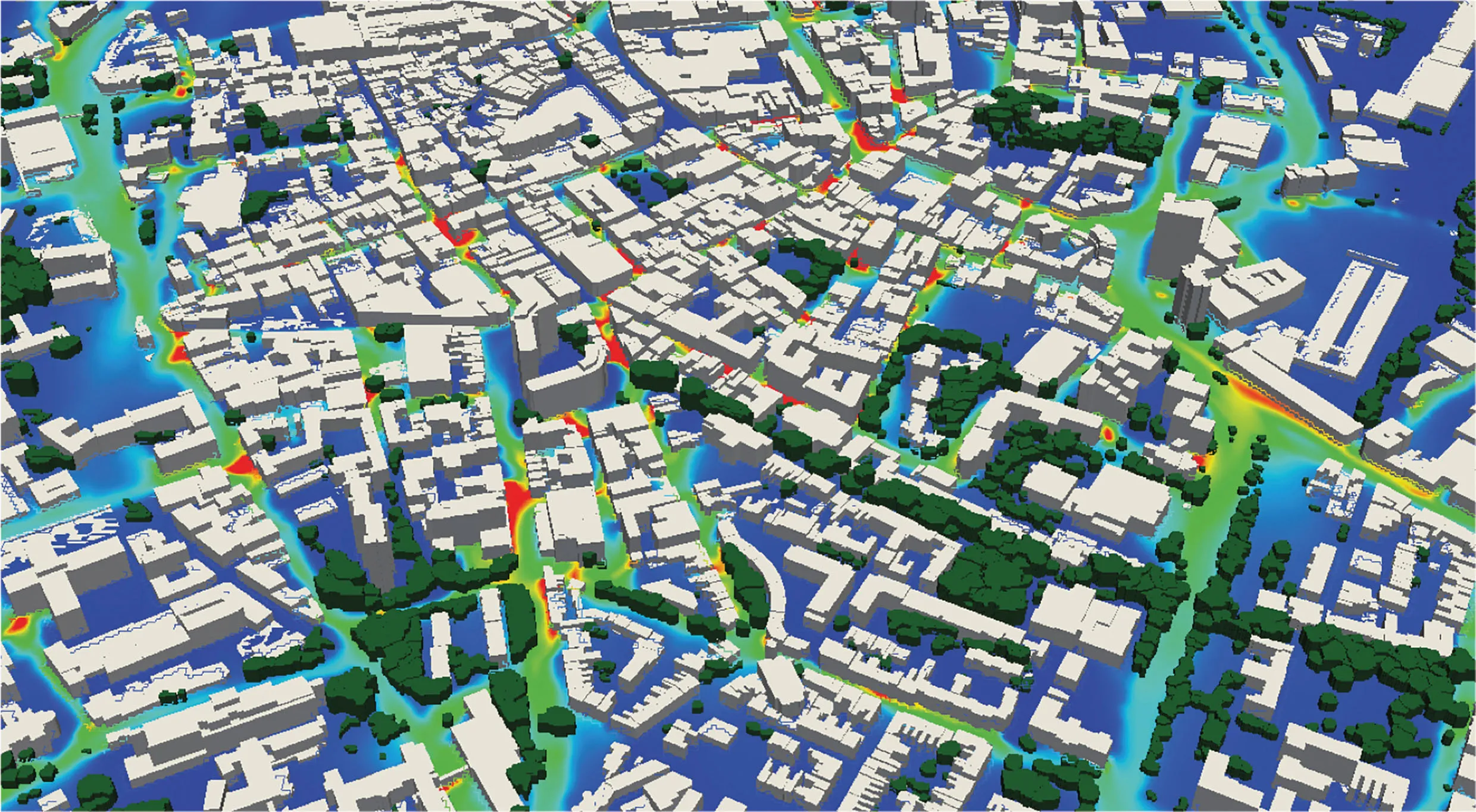
Accurately measuring road network conditions in real time requires rugged and durable mobile sensor technology, writes Rose Parisi*
Monitoring road conditions is critical to performing efficient and effective maintenance that reduces risks posed by hazardous driving conditions. This is most critical during winter.
Road weather information systems (RWIS) help support road maintenance decision-making through the measurement of atmosphere and pavement conditions. However, due to the static location and sparse dispersal of many information systems along road networks, they can’t provide the entire picture of road conditions during a storm.
Mobile sensor technology attached to maintenance vehicles has been deployed to fill the gaps in RWIS data. Together, mobile or vehicle-installed sensors and RWIS networks provide denser and higher quality road condition data than either system can supply on its own.
Vehicle-mounted mobile sensors can enhance the observation of environmental and road conditions from any type of vehicle. These sensors must be rugged enough to deliver robust, accurate and reliable data from the demanding environment of a the vehicles, such as snowplows, especially during a storm. However, enabling vehicle-mounted mobile sensors to communicate accurate and reliable data is not simple, given the chances of water ingress, the challenge of keeping sensors clean in the field during a storm and the constant and often significant vibration from a scraping plough blade.
Through a durable design and a patent-pending protective hood, the MD30 mobile sensor endures the harsh elements of a snowplow environment, withstanding heavy vibration, preventing water from entering the sensor and protecting its lens from snow and road spray. The device is designed specifically for snowplows to accurately collect and transmit data on road surface state such as grip, friction and surface temperature along a route.
The MD30 sensor’s compact size enables easy installation on any vehicle with many placement options. With 6,000 hours tested during the 2018-2019 winter season in nine countries, including the US, all of the MD30s worked seamlessly on snowplows.
As an example, the US state of %$Linker:
Mobile sensors have been proven to fill gaps between fixed sensors, providing agencies with a more accurate picture of road surface conditions and how the road reacts to remediation efforts.
Rose Parisi is North America application manager for measurements and process controls manufacturer Vaisala, based in Helsinki, Finland.








